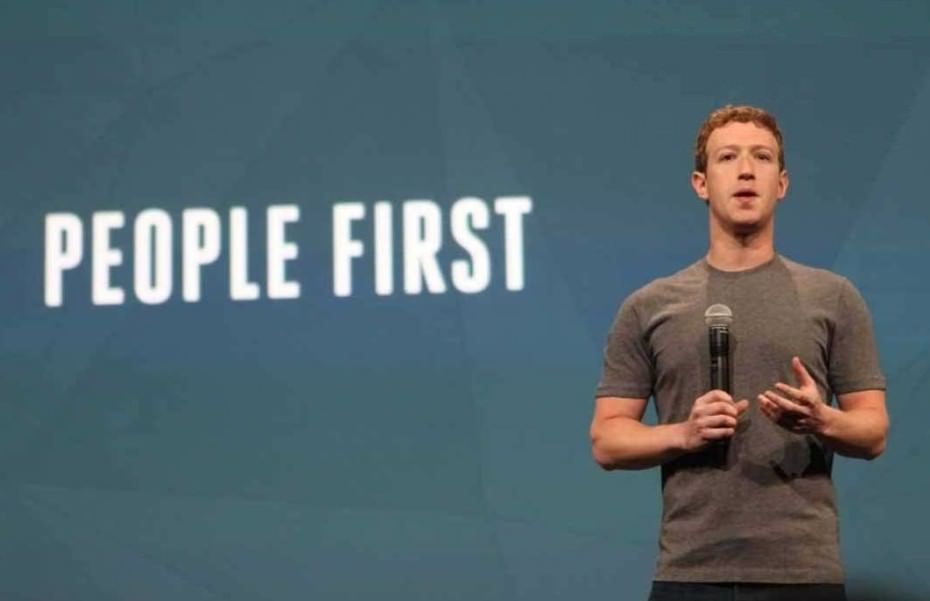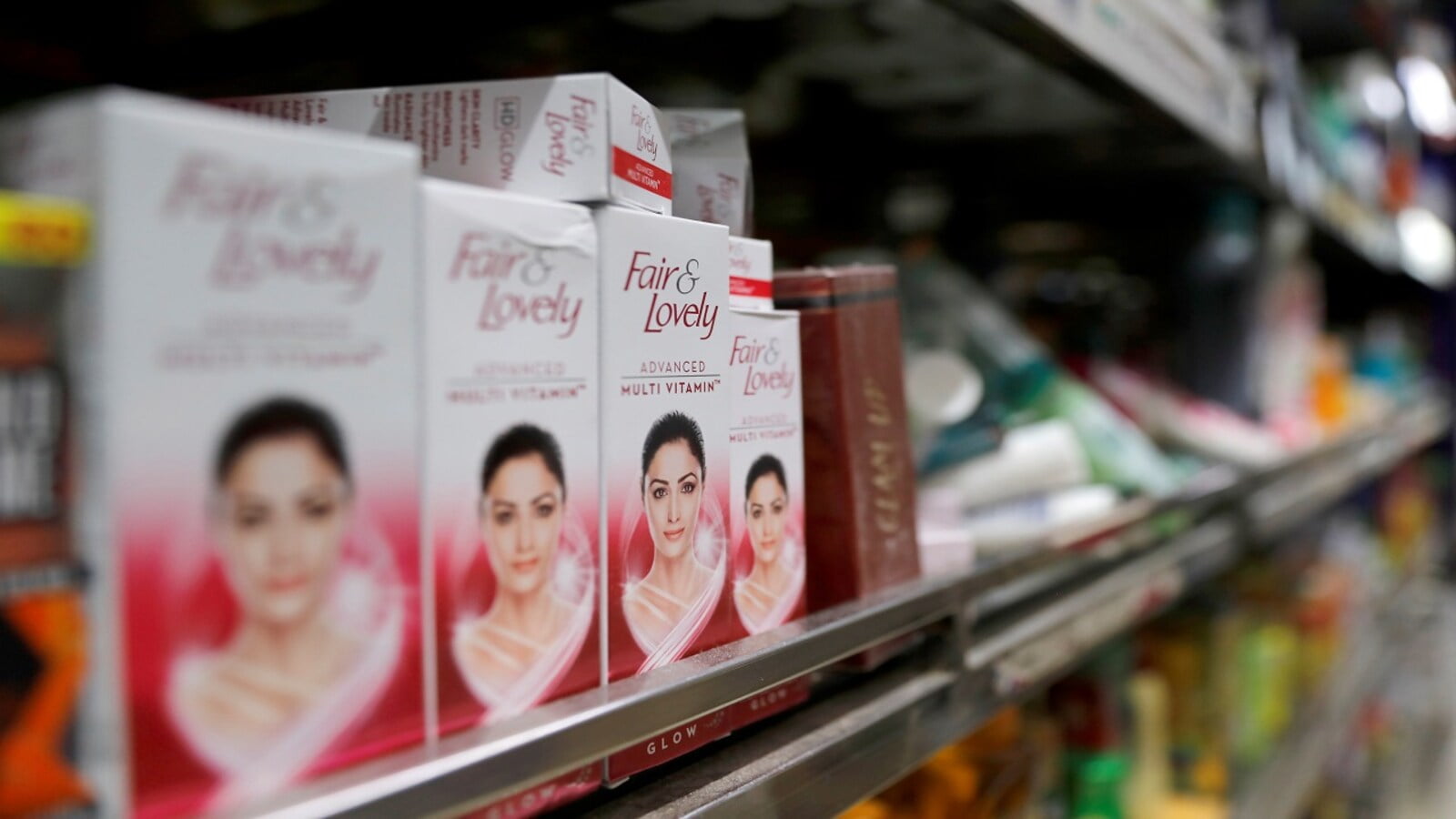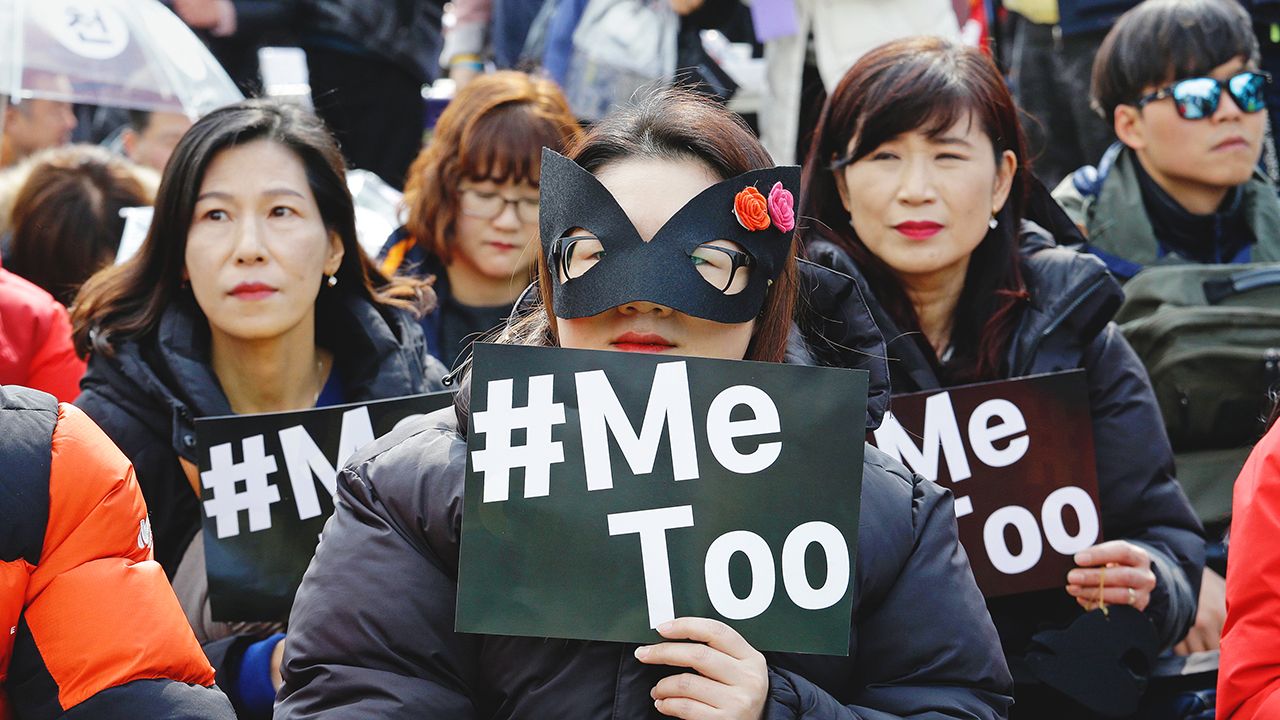Online harassment is not new to women on the internet, and is certainly not new to feminists of any self-identified gender. It is not a problem that is unique to Facebook, or even India. A recent video that is going viral features the sexist and horrifying tweets that were sent to two women sports reporters based in the United States. The tweets feature threats that range from “I hope your dog gets hit by a car” to “I hope you get raped again.” Thus, while it is disgusting to many of us, women and minority groups face harassment every day. In India, where Facebook is the primary social media platform, there is a need to look more closely at it.
Last year, social media activist Preetha G’s Facebook page was attacked for its left-wing and feminist views. Her crime? Her criticism of what she saw as misogynistic statements made by G. Sudhakaran, a CPI(M) politician. Her punishment? A huge number of Sudhakaran’s and CPI(M) supporters reported her Facebook profile as fake. Although her sentiments were expressed with a politeness that most of us in activist spaces do not conform to, her Facebook page was deleted among the slew of personal attacks.
When her profile was reactivated, she later commented about the uncritical deification of the former President, APJ Abdul Kalam. In response, yet again, she suffered gendered attacks – that even resulted in the creation of a Facebook pages such as “That bitch Preetha G” and “Whore Preetha Nair: Facebook Gunda.”
Writer Inji Pennu severely criticised the manner in which Facebook had dealt with this harassment. In a shamefully predictable response, the harassment was then modified to include her, with one Facebook user going so far as to threaten to choke her. Inji Pennu’s profile, as well as several other women who supported her and Preetha G’s right to an opinion, were reported and suspended.
Reporting Harassment on Facebook
It is a fear of being assumed as liars, and it is the fear of future harassment, that prevents many individuals from speaking up about it. In online spaces, it should be possible to avoid these issues because of the promise of anonymity. However, one must only look at how Facebook then chooses to deal with issues of harassment to see how inefficient it is.
Also read: When Facebook Becomes The Weapon Of Gender-based Violence
While Facebook seemingly has a method by which they evaluate posts which are reported, the procedure has been seen to be arbitrary and disorganised. In the case of Preethi G, perhaps because the posts were in Malayalam, the content of the posts seems to have been ignored before arbitrarily deactivating their accounts. However, Inji Pennu’s English page was similarly blocked, and last year, journalist VP Rajeena’s Facebook account was blocked after she wrote about her experiences of having been sexually abused as a child in school.
Facebook claims that real names will help to prevent harassment, or locate harassers. However, this emphasis on full names has been seen as highly problematic. Firstly, as Preethi G, whose full name is Preethi G Nair noted in an open letter to Mark Zuckerbeg, she identifies herself as Preethi G because of the rejection of casteism she sees inherent in the name Nair. Secondly, the use of full names and verified identities can lead to several real-world difficulties for those who wish to participate in online communities, but do not wish to face the risks of publicly revealing their identities due to fears of the implications in their daily lives. This includes not just women or transpeople, but any individuals whose ideas might differ from their family or community’s normative ideas, and these are the individuals who are at the greatest risk of being harassed. Finally, and on a purely technical note, G. Sampath notes that Facebook does not seem to recognise systems of naming that are not Western – such as his own.
But what happens if a page is reported?
If a page is to be taken down, it must be seen to violate “Facebook Community Standards.” Upon reading through the Community Standards, it is found that Facebook is committed to protecting ‘private’ individuals from bullying and harassment. However, one is only considered a ‘private’ individual if one has “neither gained news attention nor the interest of the public, by way of their actions or public profession.”
In short, the standards state that if an individual speech or act is found to be of any interest to the public, they can no longer be considered a private individual.
Who then, can no longer be considered a private individual? A survivor of rape or molestation, an individual who has previously reported harassment, and anyone who speaks out against oppression and is heard can no longer be protected from social
Whose Community?
The Facebook Community Standards are thus inherently problematic because they do not consider the structural and contextual inequalities that prevent women from expressing an opinion in a public online space without the fear of future harassment.
A woman should have the right to express an opinion without harassment in a public space, including an online public space. However, all too frequently, women are targeted and abused on online spaces for expressing any form of opinion that disagrees or challenges a normative understanding. Furthermore, it is not generally on the basis of their opinion, but on the basis of their gender, and threats of violence, both sexual and otherwise, are not uncommon.
However, this problem with Community Standards does not just extend to women, but to any group, particularly those from oppressed or minority communities – Dalits, LGBTQIA+ individuals, religious minorities, and others who already face societal barriers that attempt to prevent them from speaking. If they do, in fact, speak, and their words catch public interest, Facebook refuses to then protect them from harassment.
There is a serious need for Facebook to re-evaluate their Community Standards, or, at least view them from a case-by-case basis. While once upon a time the internet was imagined to be a potentially democratic space, it has since been realised that it is a space that replicates the existing demographics and hierarchies that exist in the physical world. If Facebook chooses to ignore the harassment of the individuals who are using it, they are promoting harassment. If these are Facebook’s Community Standards, perhaps it is time they rethought their community.
FOR MORE: If you self-identify as a woman and have faced any kind of online harassment, Feminism in India founder Japleen Pasricha is conducting a research that you can help with. Please take five minutes of your time to help us understand it better by filling out this short survey.




